Therapies
At Loddon we adopt a holistic approach and therapy sits at the heart of what we do.
Our children have access to a wide range of therapies such as Aromatherapy, animal care, Forest School, horticulture, mindfulness, music, Occupational Therapy, Speech and Language Therapy and yoga. The sessions are all led by qualified therapists and professionals who work closely with all our education and care staff. The therapy sessions are individualized to enhance all aspects of the child’s development.
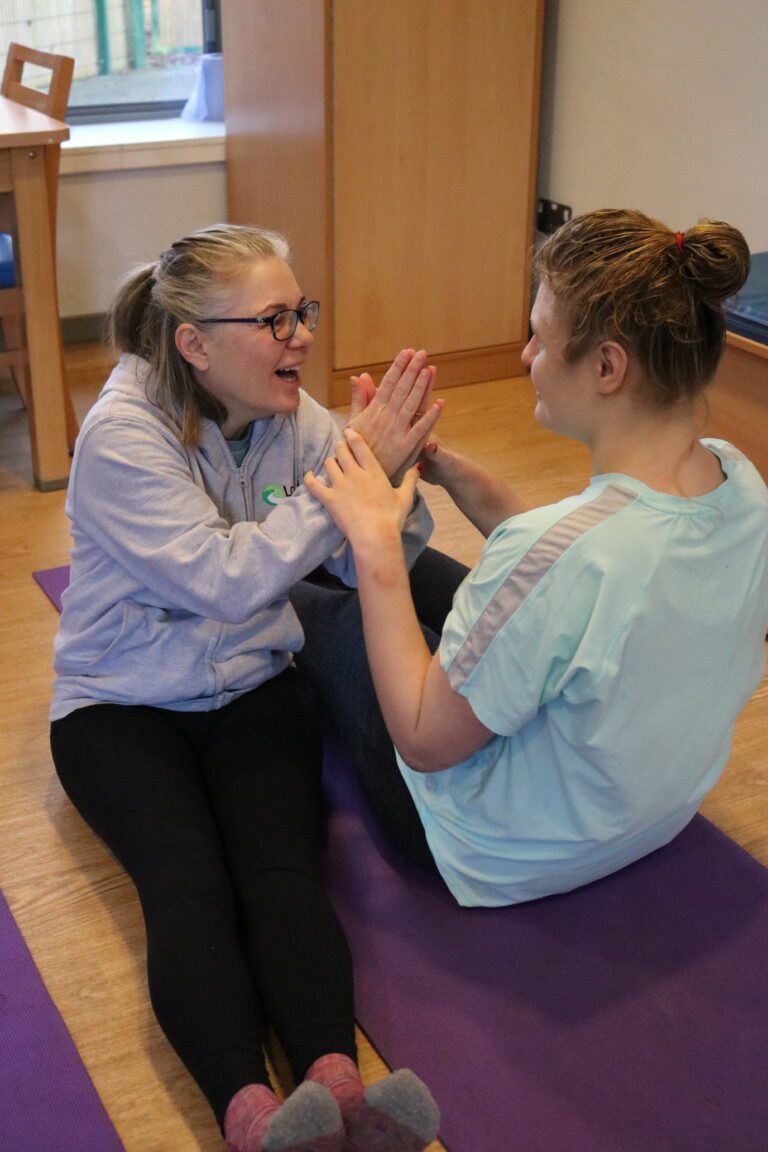
Aromatherapy
Individual massage sessions take place with our Aromatherapist, who uses oils and massage strokes that will assist with relaxation, anxiety and other sensory needs. The Aromatherapist works closely with the Occupational Therapist, and uses Story Massage (developed by Mary Atkinson and Sandra Hooper). Group relaxation sessions (using the basic movements of pulsing) are initially led by the school Aromatherapist. Informal massage sessions (hands and feet) take place within the children’s houses on a daily basis. Our aromatherapist also practices Special Yoga and Mindfulness for Autism to assist with promoting the physical and emotional wellbeing of the children.
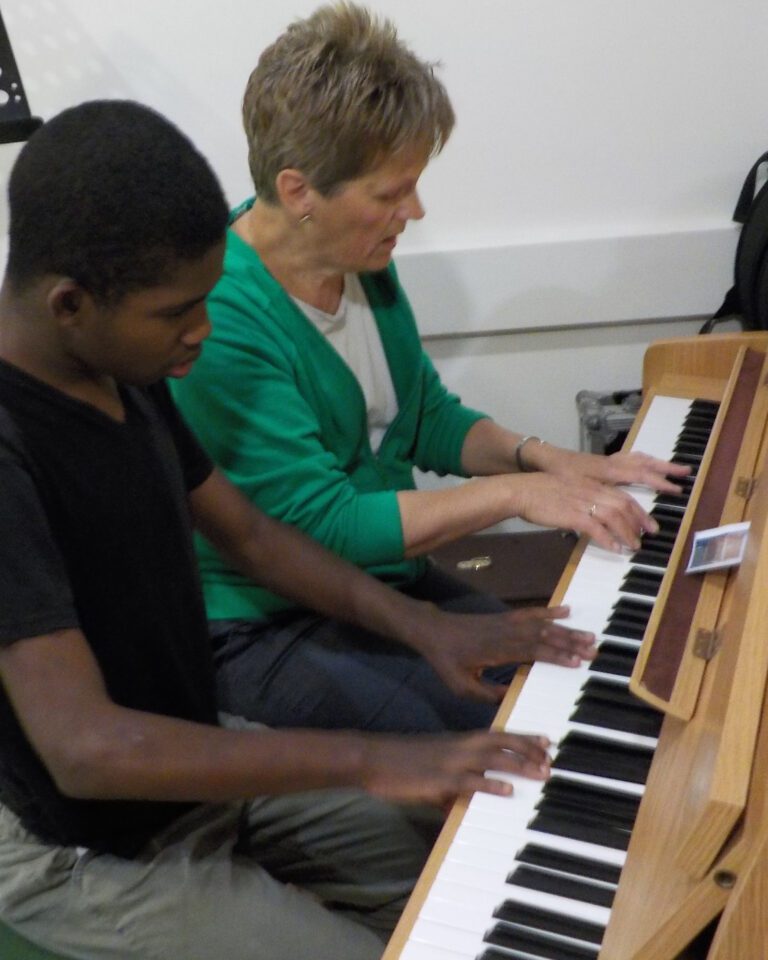
Music Therapy
Our Music Therapist uses the naturally appealing qualities of sound and music-making to connect and build trusting relationships with our children who may find person-to-person contact difficult through more conventional channels. Music therapy can be helpful for those who need particular support with communicative, social and emotional needs.
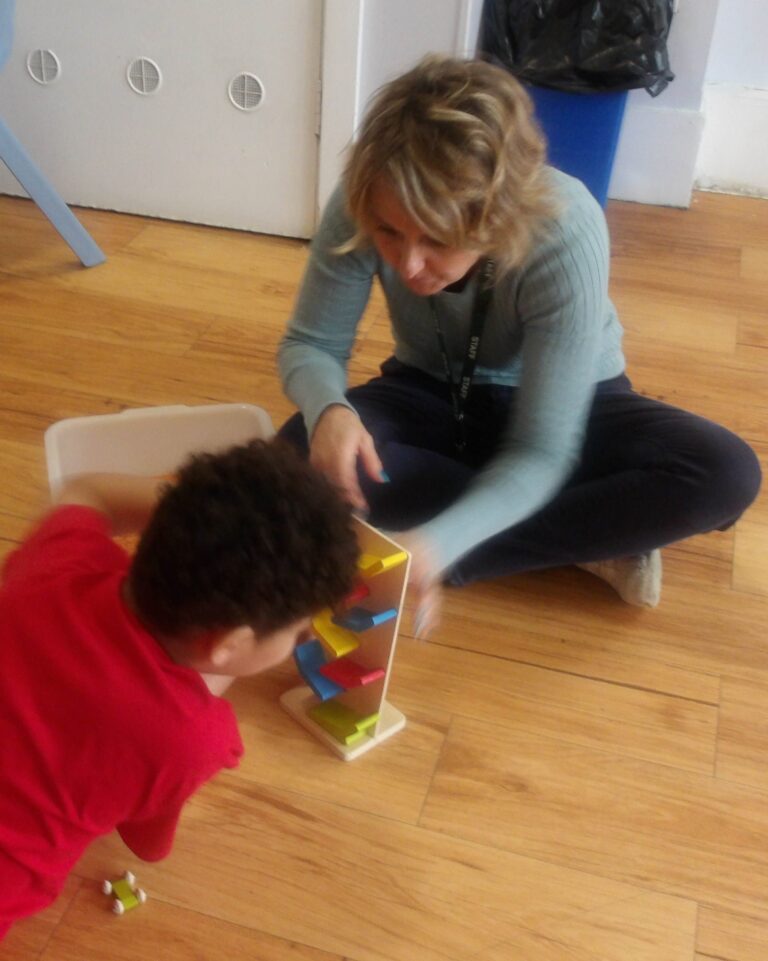
Occupational Therapy
The aim of occupational therapy is to help our young people to become as independent as possible when completing daily activities. We assess/observe the children doing various activities, such writing/drawing or mark making, participating in PE and balancing on equipment, dressing, preparing and eating meals, and doing other activities that are important to them. An individual plan will then be put in place that may include:
~ Equipment to make tasks easier/increase independence
~ Programme of activities to help improve their skills
~ One-to-one sessions to develop skills in a particular area e.g. core muscle stability
~ Sensory strategies to help our children to manage in different situations and environments, as well as to help them feel better regulated throughout the day
~ Sensory Circuits - a programme to help children become more alert and focused using sensory-motor activities
~ Programmes that are implemented across the school as a whole to develop skills e.g. teeth cleaning programme
~ Regular staff training to ensure strategies are being implemented throughout the waking day to support regulation, engagement, enjoyment and independence
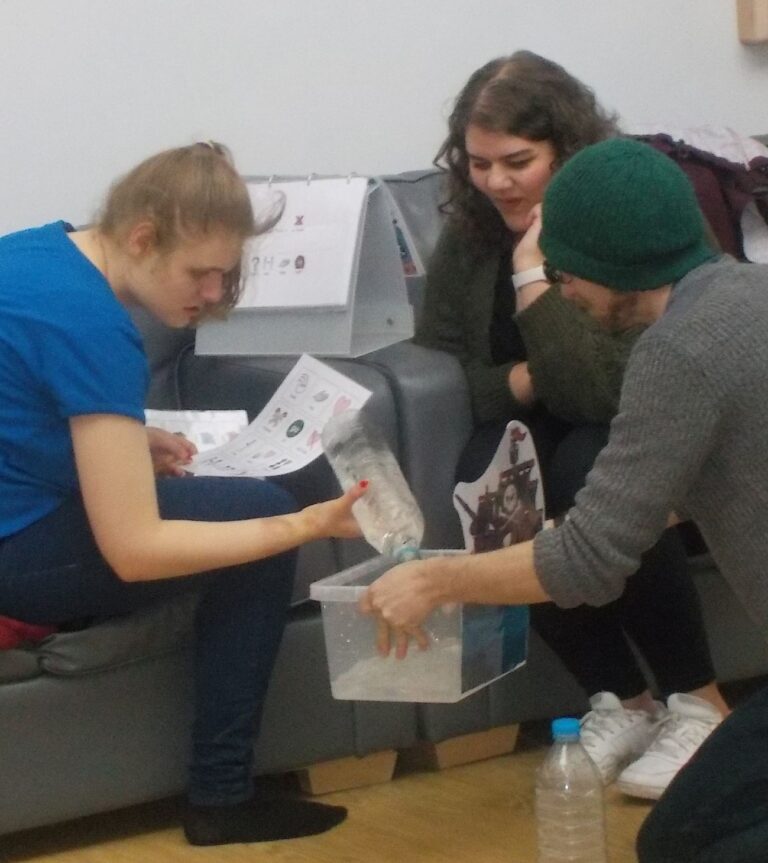
Speech and Language Therapy
The Speech and Language Therapist works closely with children and staff within their environment or through sessions in the therapy department to develop their communication skills. All children have therapy targets to work towards and progress is regularly monitored and reviewed. Personalised resources are produced by the therapy department to support these being achieved. A range of AAC (Augmentative and Alternative Communication) strategies are used throughout the school and all children have their own communication books, most of which contain photos. Staff are encouraged to use simple language alongside Makaton and photos and symbols to support the children’s understanding and use of language for an inclusive communication approach.
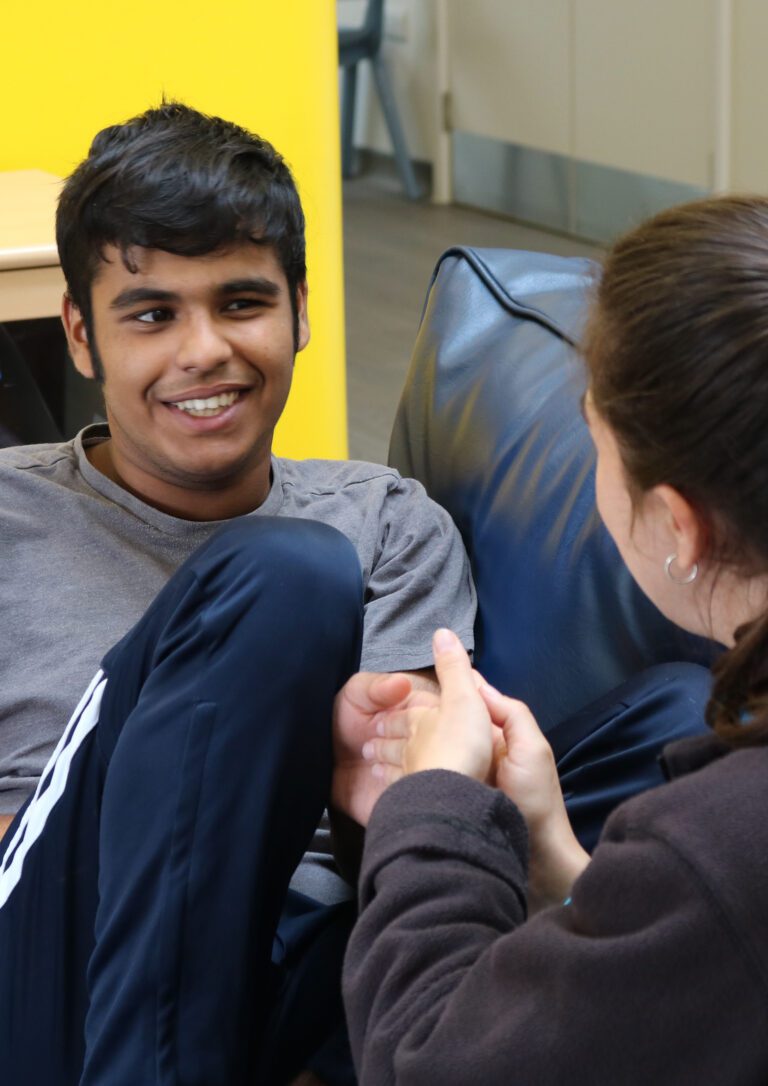
Intensive Interaction
Intensive Interaction uses body language to tune into children who struggle to communicate. It involves ‘learning their language’ and responding, to ‘what’ they do and ‘how’ they do it. It is more than just copying or mirroring, it means entering their world and working from what it is that the child finds meaningful. The therapies team support intensive interaction as a ‘whole school approach’ to develop a child’s interactions across their day.
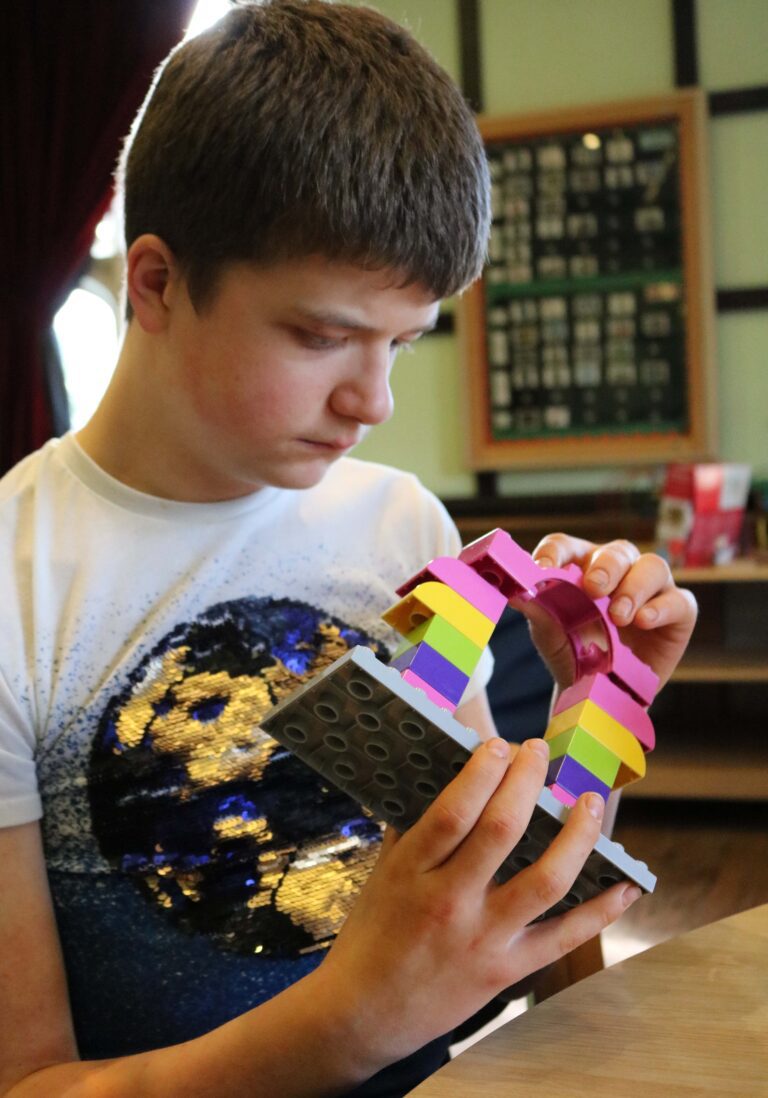
Lego Therapy
Lego Therapy is used with some children in small group sessions. These sessions aim to develop children’s attention and listening skills as well as understanding, turn taking, problem solving and working with others.

Play
Play provision within the PLLUSS curriculum ensures that every child has the opportunity to play, as well as learn valuable skills through ‘Learning through Play’ activities. Play is a wonderful tool for helping children to move beyond autism’s self-absorption into real, shared interaction. Properly used, play can also allow children to explore their feelings, their environment and their relationships with others. Staff play training ensures all staff are equipped with information, resources and activities to support play activities.
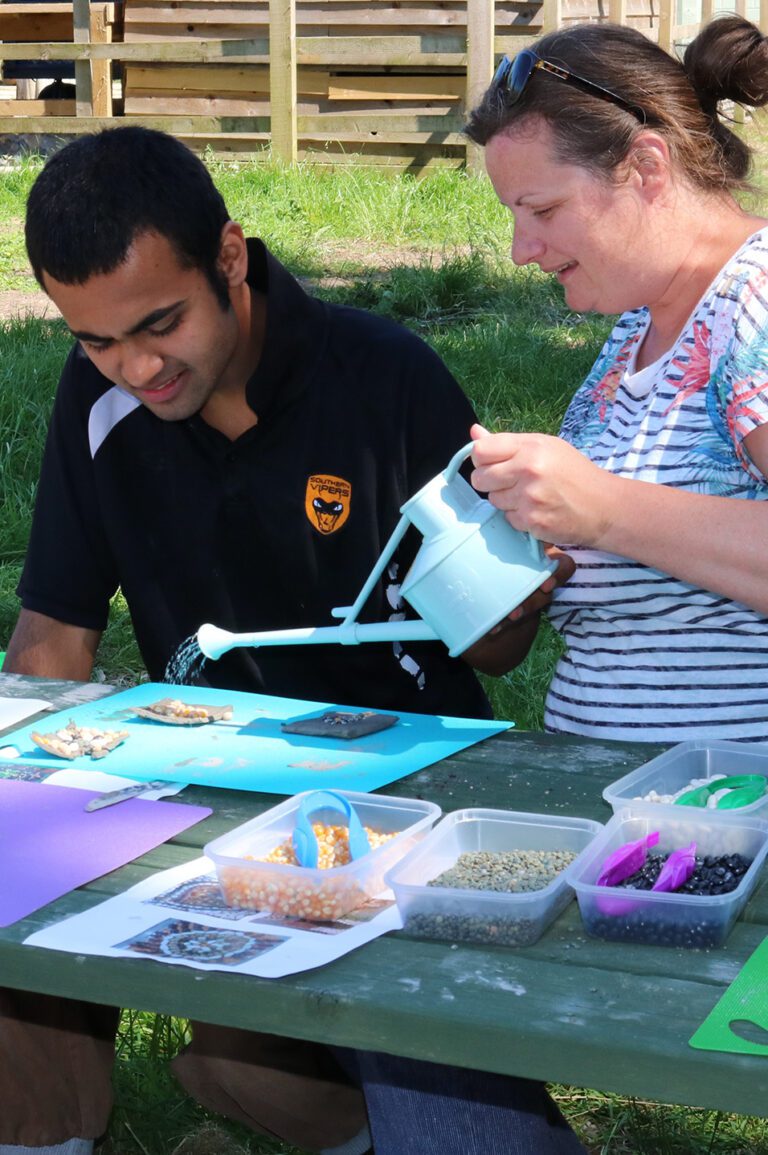
Forest School
Forest School sessions complement our PLLUSS curriculum and ‘whole school approach’ to learning and development, enhancing and supporting individuals’ education and wellbeing. The Forest School ethos and approach aim to provide regular opportunities and experiences for learning to take place outdoors, preferably in woodland (our Nature Trail area). This natural setting offers the ideal environment to support individuals to explore and learn about the world around them, develop new skills, whilst developing confidence and self-esteem through outdoor play.
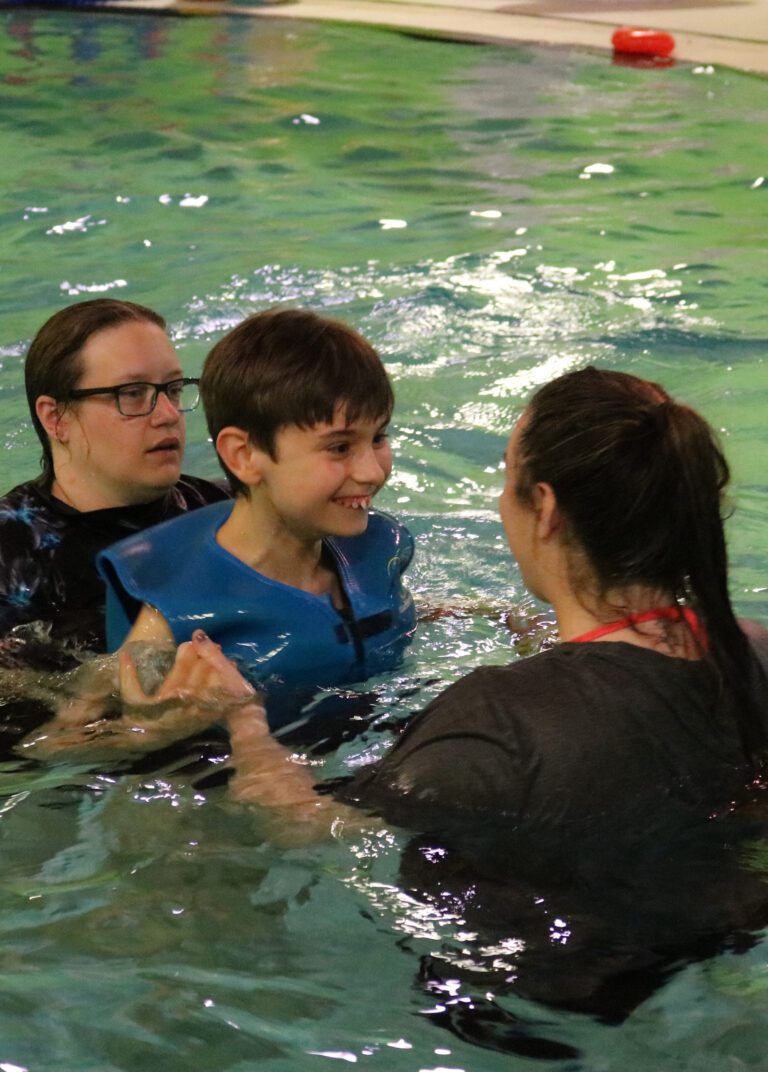
The Holistic Approach
In order to draw together all aspects of therapy our weekly programme for all students includes the full range of performing arts (Drama, dance and music), relaxation through massage, yoga and Tacpac (sensory massage), outdoor environmental learning through animal care, horse riding, pony carting, and the nature trail, horticulture, swimming and sensory baths, and a full range of physical activities. The Loddon School also has staff trained in Rebound Therapy, exercise therapy which uses trampolines to provide opportunities for movement, therapeutic exercise and recreation. Animal Assisted Therapy provides communication, relaxation and sensory simulation. Each therapy and programme of study is carefully matched to the individual needs of the child/young person at a particular time and all are reviewed on a six monthly basis. Visiting the school to further enhance these aspects of the curriculum are theatre groups, musical workshops and cultural dancers.
Department of Behaviour Analysis & Support (DBAS)
The department aims to improve the quality of life of our children. We observe each child’s behaviour upon arrival at our school, by doing an initial assessment which involves recording and collecting data. This allows us to identify the most restrictive behaviour; behaviours that restrict the child from communicating, learning, and developing. By doing so, we are able to differentiate the function of behaviours and set targets to reduce these behaviours and support the child. We focus on a positive approach, teaching them functional skills and coping strategies by using therapeutic methods. Our strategies are personalised to each child’s needs, using a person-centred approach. We compose behaviour support guidelines and risk assessments in order to best support each child’s needs. To do this, as a team, we teach the child replacement skills to prepare them for their adult life which focuses on their independence; we also put in place a restriction reduction plan if required. This is a long-term plan that focuses on reducing the impact of restrictions, for the best interest and safety of each individual. We follow each child’s progress by attending and participating in pre-reviews and reviews and working closely with everyone by liaising with the school multi-disciplinary team. By working closely with the children and the staff, we are able to implement new and improved strategies, whilst advising and supporting staff in the delivery of them. We also ensure behaviour support guidelines are appropriately designed, followed, and implemented. The Team focuses on the child’s developmental journey, from when they arrive at school to when they transition into their adult placement. The Department also plays an important role in supporting the transitioning of each young adult to their adult placement, in order to ensure they continue to live a fulfilling life.